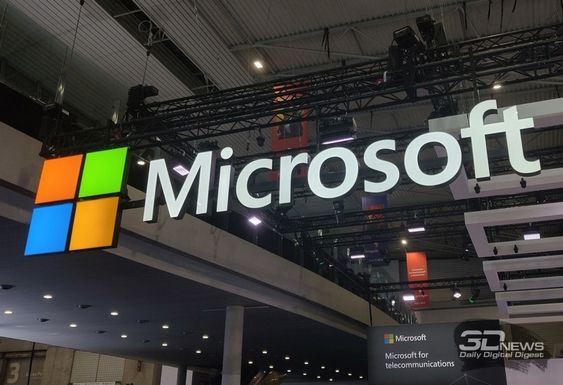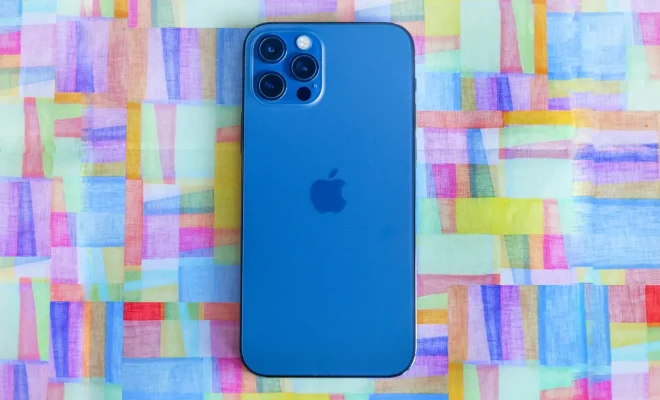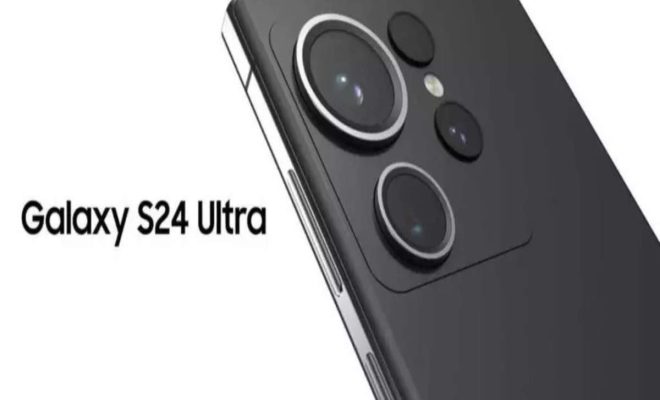Microsoft Now Owns Activision Blizzard: What It Means for Your Favorite Games

In a landscape-shifting move for the gaming industry, Microsoft has recently acquired Activision Blizzard, the behemoth behind some of the world’s most popular franchises such as Call of Duty, World of Warcraft, and Overwatch. This monumental transaction is not only a testament to Microsoft’s ambition to expand its footprint in the gaming sector but also signals significant implications for gamers around the globe.
With this acquisition, Microsoft becomes one of the largest gaming companies on the planet, second only to Tencent. The financial muscles and technological prowess of Microsoft could translate into numerous benefits for gamers. Enhanced investment in gaming franchises could lead to more frequent releases, better quality games, and innovative gameplay experiences. The infusion of capital might also expedite the development process while attracting top-notch talent across the industry.
Moreover, this deal raises the potential for greater integration between Activision Blizzard’s offerings and Microsoft’s Game Pass subscription service. Game Pass might soon boast an even more extensive library that includes all-time favorites and new releases from Activision Blizzard, offering incredible value and convenience to gamers.
However, there are concerns about market consolidation and reduced competition. Some fear that this merger may lead to higher prices or exclusivity practices that could limit access for non-Xbox or non-PC gamers. Additionally, questions loom about how Microsoft will handle ongoing controversies at Activision Blizzard concerning workplace culture.
In terms of game development, resources from Microsoft could push forward innovation within flagship series and perhaps even revive dormant IPs under Activision Blizzard’s umbrella. We might see beloved universes explored in new ways – potentially even expanding into film or television through synergy with Microsoft’s broader entertainment endeavors.
Recognizing existing commitments to other platforms, Microsoft has stated it will continue releasing games across multiple consoles for the time being. Nonetheless, how this strategy evolves remains unclear as they aim to leverage their new assets to bolster their ecosystem.
In conclusion, while it is too early to state definitively what the future holds for your favorite games under Microsoft’s wing, change is inevitable. Fans might witness a significant evolution in game design and delivery methods, while keeping an eye on potential shifts in market dynamics and consumer options. The anticipation grows as players worldwide watch with interest to see how their beloved virtual worlds will expand and evolve in this new chapter under Microsoft’s expansive vision.






